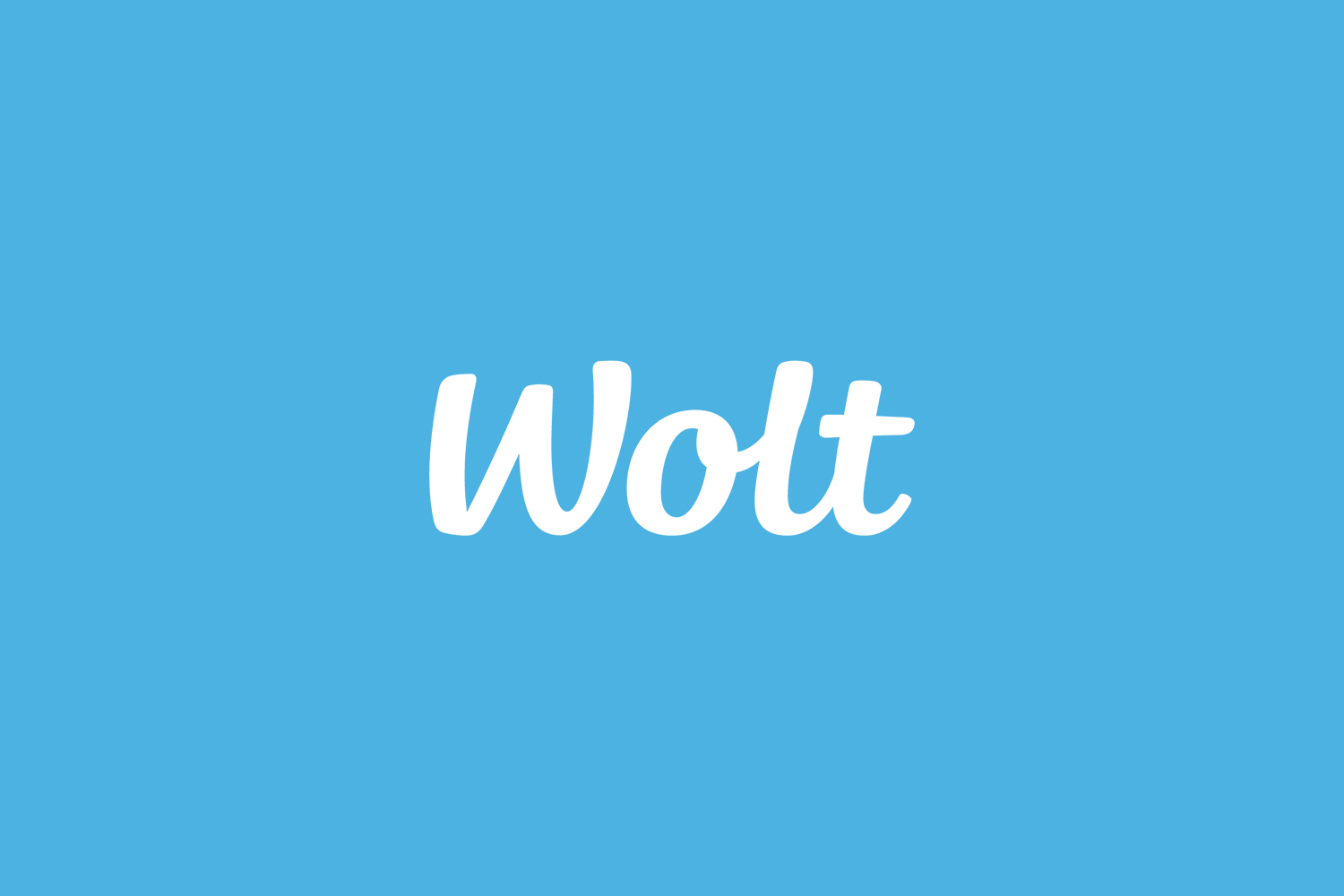Samuel Laurinkari is the Head of Global Public Policy at WOLT, a Finnish technology company in the food delivery sector, where he is responsible for establishing a global PA practice. Prior to this, he was head of EU affairs for eBay, and has held positions with both FTI Consulting and LVMH.
Jason Descamps, Mavence Founder & CEO: Firstly, thank you Samuel for sharing your experiences: this is a great occasion to share with our public affairs community the insights of somebody who has been in this role and in this business for over 10 years. The first question I wanted to ask you is, as the first Public Affairs hire for WOLT, where and how do you start? Having to set up a PA function from scratch seems like a blank canvas.
Samuel Laurinkari: Yes, great question, and there are in my case probably two versions to this. One is the structured way to do it, the way I had originally planned I would go about the first few weeks on the job: first understanding the business, mapping out what our policy challenges are, connecting with the different teams; building the internal network, prioritizing policy issues and building strategies and roadmaps for policy work. The reality, however, was very different, as my first day on the job was 16th of March, which was the week when most of our 22 markets were on their way into COVID lockdown. I was not able to meet any colleagues, and we had an immediate crisis in most markets related to the lockdown measures. So instead of strategically building up the function, we had to start engaging with governments from day one to keep delivery operations open, ensuring our courier partners have necessary curfew permits, making sure restaurants can survive the lockdown, etc. So it was not exactly how I planned it but more of a building by doing exercise.
J: Which resources do you need to pull when you get into a function like this, both internal and external? What are the links or connections that you need to leverage?
S: A big challenge in building a new PA function is that PA is not readily baked into any internal processes and there are very different perceptions on what PA is and what it does. In the tech business, people are also used to things happening very quickly while policy processes, in particular in offensive projects, are slow. People are not used to work on something that impacts the business in a couple of years instead of days. So I think one key thing is to really do the internal rounds and sit together with colleagues in different functions to make sure there is a general understanding on what PA is and where it can move the needle. Those discussions of course also help you to understand what others are doing and where the business is heading, which is the foundation of building policy projects and priorities.
In terms of internal resources, the closest PA partners tend to be Legal and Comms, almost regardless of organizational structure. Those are the teams that have the most overlap with PA, so getting that cooperation running immediately is very important. On specific policy / regulatory substance, you then need to pull in different functions like Finance, Tax, or Product.
In terms of external resources, we have quite a few agencies across markets that provide us with specialized and localized public affairs advice, and very hands-on support on the ground in setting up meetings, facilitating contacts etc. External support is an important part of the way that we are structured in at the moment.
J: When you joined WOLT, you had over 10 years’ experience on the Brussels scene: did you find a way to leverage that network and that expertise in navigating the political and regulatory corridors on a global level, or is it a completely new setting where you need to start your learning from scratch?
S: During my Brussels-based years, I had the chance to do policy work in capitals across the continent in addition to the core EU-level policy work. That has helped a lot. Every market is different: our business looks slightly different in every market, the regulatory cultures are different, the policy challenges are different, and so is the competitive situation. But there are nevertheless a lot of similarities in terms of dynamics of decision making and the way public and political opinion is formed. Many of our markets are in the EU, so knowing how the EU-bubble works helps a lot in direct policy work. But it also helps in establishing connections through the existing network, which is of course hyper-international in Brussels. During the peak of the COVID lockdown crisis, there were a couple of really urgent issues where Brussels-based contacts were able to put me in touch with the right decision maker in the capitals.
J: So far you have less than 6 months in this particularjob; how have you been welcomed by non-PA teams and what are your biggest internal challenges so far?
S: Very well! Especially functions that previously had to deal with PA stuff have been very relieved to be able to focus on their core responsibilities. Overall getting things running over Zoom has worked surprisingly well. Building “function awareness” internally is not a ticking-a-box-exercise though – its an ongoing process where you just need to keep pushing the function into relevant processes.
J: In your efforts to practice public affairs across different regions, have you noticed any major differences – cultural, professional – in the way people approach the political debate or public policy making?
S: Yes, definitely. In general, in some countries interaction with government is a more standard part of running a business, while in others not so much. During the COVID crisis, those differences have become even more visible as we had to maintain ongoing contact with local decision makers. The crisis also changed the fundamental dynamics. During COVID peaks, some of our markets had some kind of state-of-emergency laws in place, which of course changed the way that laws are being made: Prime Ministers would govern by decree which meant that putting a policy issue on the agenda would immediately require direct visibility of the PM rather than using the standard PA issue building playbook. Things like these change the way business looks at politics.


